SEOUL: South Korea’s central bank kept its benchmark interest rate at a record low for a ninth month, seeking to strengthen the economy’s recovery before increasing borrowing costs.
Governor Lee Seong Tae left the seven-day repurchase rate at 2% in Seoul, and the Bank of Korea said it “will maintain an accommodative policy stance for the time being with an emphasis on sustaining the recovery of economic activity”.
South Korea’s won on Nov 12 touched the strongest level since September 2008 as the nation is projected to be one of the first in Asia to boost rates. Economic growth accelerated to 2.9% in the third quarter, the fastest pace in seven years, as companies including Samsung Electronics Co and Hyundai Motor Co reported surging profits.
“The sense is that the recovery is proceeding and the central bank will be looking to begin raising rates as we move into next year, probably sometime in the first quarter,” said David Cohen, director of Asian forecasting at Action Economics in Singapore.
Governor Lee and Finance Minister Yoon Jeung Hyun said last month the economy may now record an expansion for the year as a whole, reversing earlier predictions of a contraction.
The nation’s currency has climbed more than 8% this year. The won rose 0.1% to 1,156.9 per dollar as of 10.52am in Seoul on Nov 12, according to data compiled by Bloomberg. It touched 1,152.7, the strongest level since September 2008.
“Consumer price inflation has continued to be stable, influenced by the appreciation of the Korean won against the U.S. dollar,” the Bank of Korea said in a statement on Nov 12. “The upward trend of real estate prices appears to have faltered.”
President Lee Myung Bak’s administration increased spending to support consumer purchases and cushion the economy from the worst global recession since World War II. The central bank cut the benchmark rate by 3.25 percentage points between October 2008 and February, the most aggressive easing since it began setting a policy rate a decade ago.
Low rates have spurred consumer borrowing, with bank lending to households rebounding in October, rising 1.4 trillion won (RM4.06 billion) to 405.6 trillion won, according to the Bank of Korea. South Korea’s financial regulator tightened rules on non-banking finance companies’ mortgage lending for people buying homes in and around Seoul from Oct 12 to slow an increase in borrowing.
Sukhy Ubhi, the only economist surveyed to forecast a rate increase, said strong data and a likely acceleration in inflation will trigger a move soon.
“We see the policy rate climbing to 3% to 3.25% over the next 12 months,” said Ubhi, of Capital Economics Ltd in London, who expected a half-point increase on Nov 12. The export and consumer confidence numbers, together with the likelihood of accelerating inflation, suggest “the current 2% policy rate is too low”, he said.
By contrast, Cohen of Action Economics says the inflation outlook gives the Bank of Korea flexibility to wait. Inflation remained below the central bank’s target of between 2.5% and 3.5% for a fifth month in October.
“Inflation is still contained, and I think that gives them a little bit of flexibility,” Cohen said. “Like central banks around the world, they’re able to be patient right now because inflation is still fairly subdued.”
The Group of 20 nations said at the weekend interest rates should be kept low and record budget deficits maintained until recoveries take hold. That boosted stock markets including South Korea’s Kospi, which has gained about 42% this year.
Even so, Australia’s central bank Governor Glenn Stevens raised the benchmark interest rate by a quarter point for the second straight month on Nov 3 to 3.5% as his nation’s economy rebounds, becoming the first policy maker to increase rates twice this year.
Finance Minister Yoon has said repeatedly that it’s too early to unwind policy steps taken to support the economy. While it’s “up to the central bank” to determine rates, South Korean policy makers “understand it’s premature” to implement an exit strategy from stimulus measures, he said on Oct 26. – Bloomberg LPTOP PICKS BY EDGEPROP
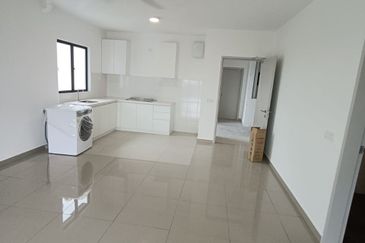
Duduk Huni @ Eco Ardence
Setia Alam/Alam Nusantara, Selangor

Taman Sengkang @ Pasir Panjang
Port Dickson, Negeri Sembilan

Apartment Putra 1 (Pangsapuri Putra 1)
Kajang, Selangor

Astana Alam Apartment
Bandar Puncak Alam, Selangor

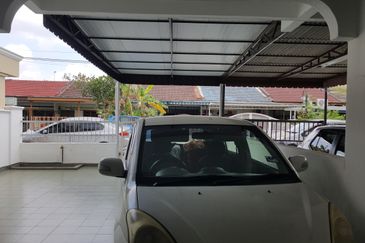


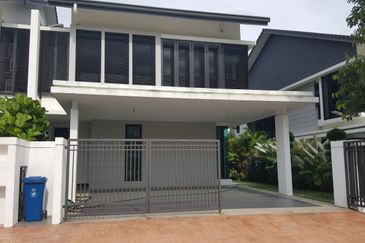
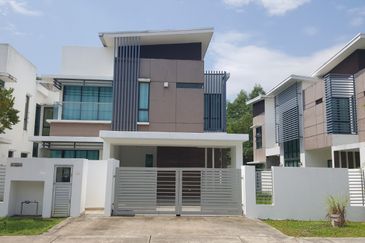

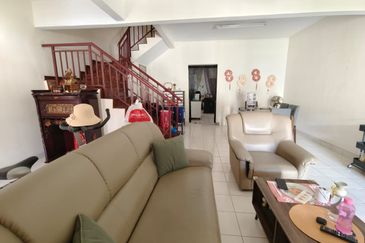





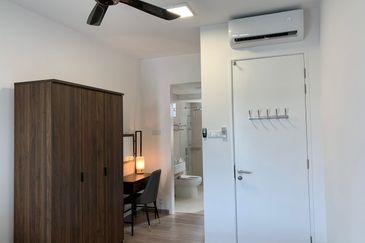
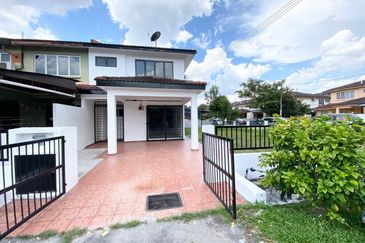
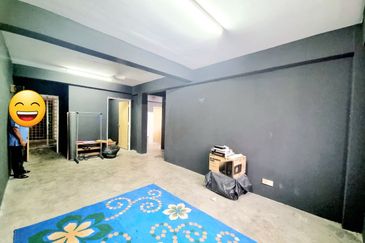

hero.jpg?GPem8xdIFjEDnmfAHjnS.4wbzvW8BrWw)



